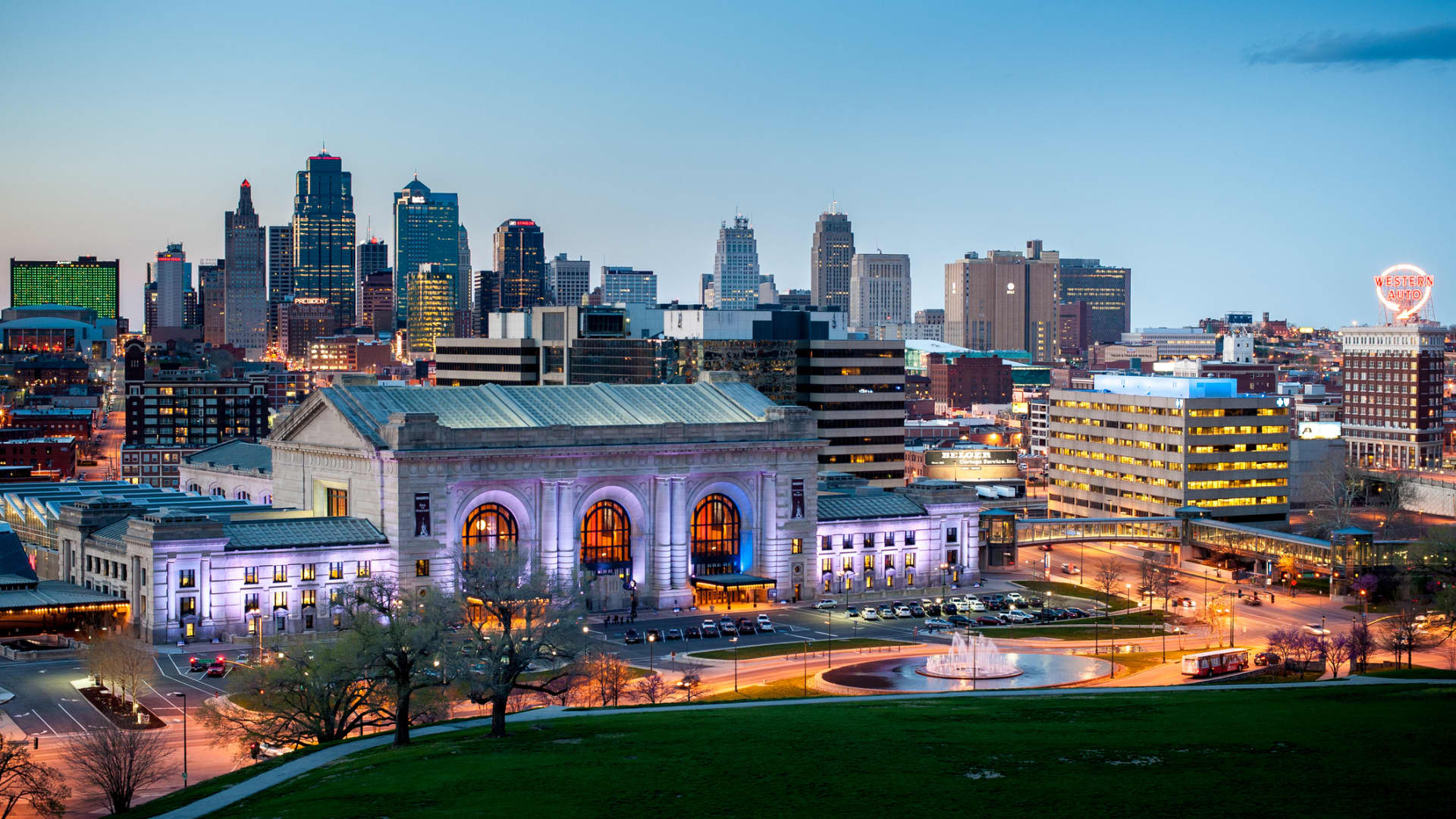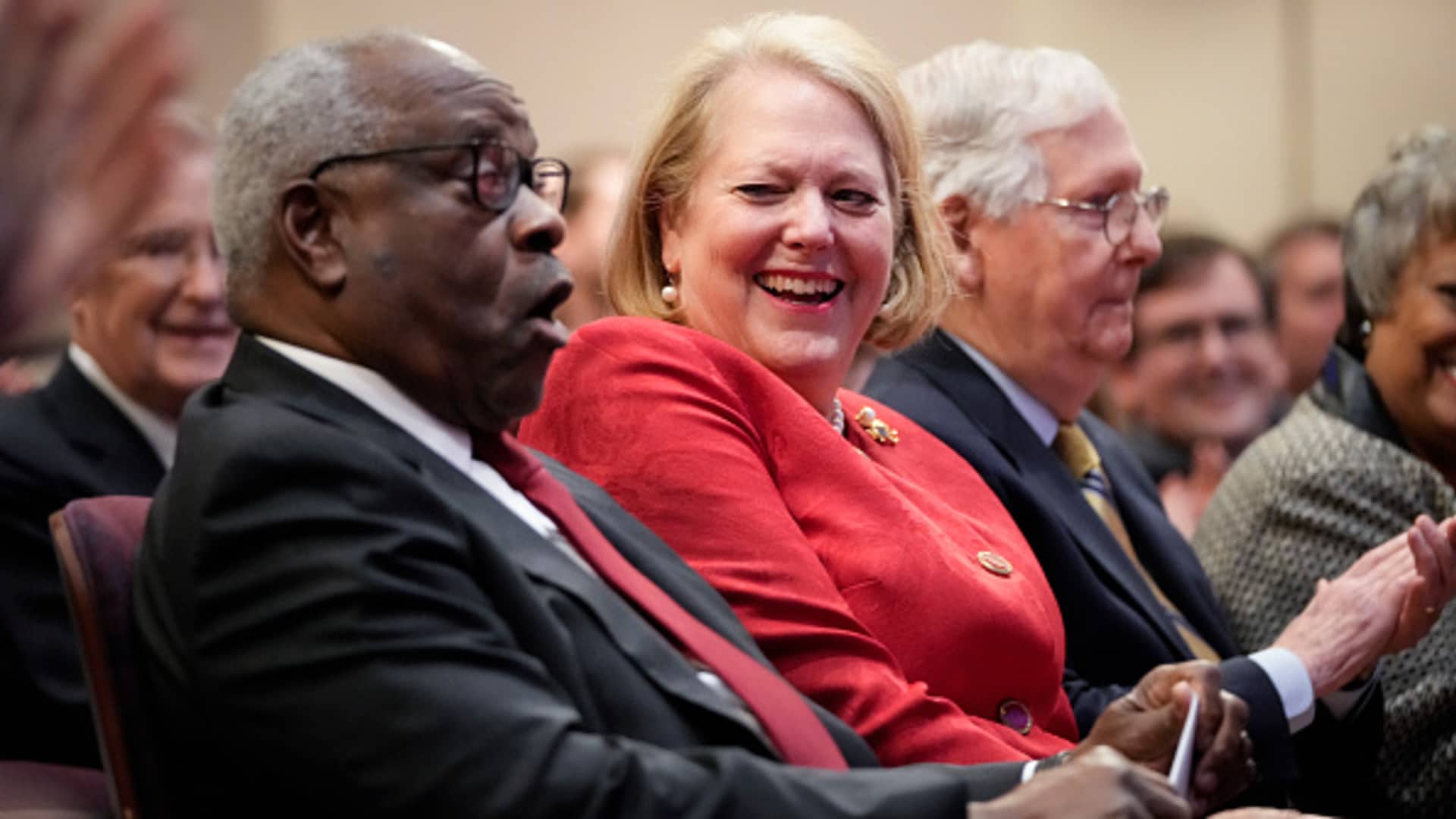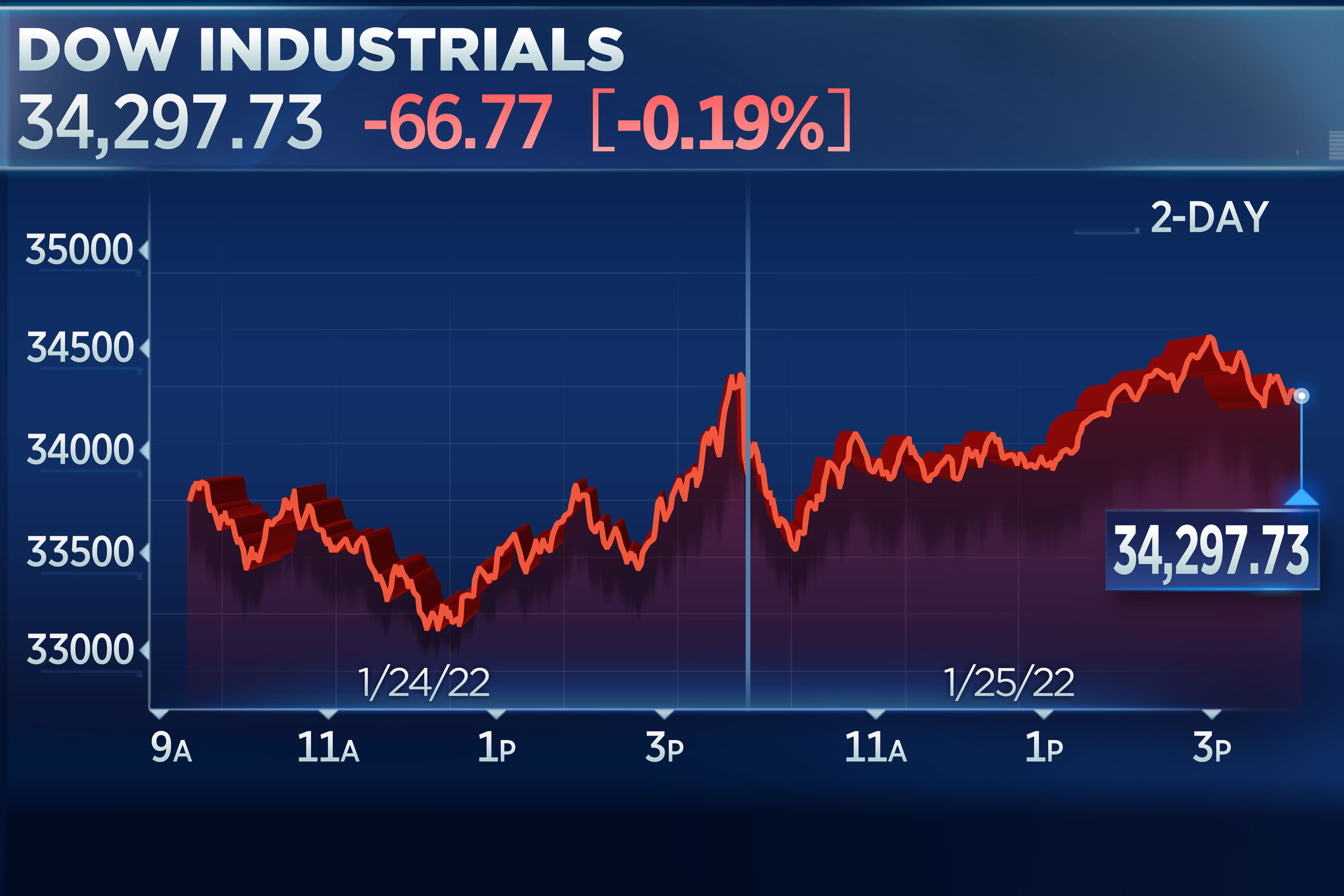The No. 1 city in the world to travel and work remotely is in the US—and it isn't New York or LA
Americans don't need a passport to get to the No. 1 spot for a working vacation, according to a recent analysis from Icelandair.

Americans don't need a passport to get to the No. 1 global city to take a working vacation.
Kansas City, Missouri, was named the best city in the world to work during the day and explore after hours without having to use too much of your PTO time, according to a recent analysis from Icelandair.
Kansas City — known for its barbecue, jazz scene and for having more fountains than Rome — is home to attractions including The Nelson-Atkins Museum of Art, Kauffman Stadium, Worlds of Fun and a bustling downtown. It comes out on top of 115 global cities in the ranking, which were chosen because of their prominence in the tourist industry and availability of "slow" travel options.
Tourist attractions aside, the Icelandair ranking considers metrics that paint a picture of each city's quality of life (like cost of living, safety, health-care access), how easy it is to work there (internet speed, average working hours, commute time), environmental factors (climate index, noise and light pollution, air quality) and data from the United Nations' World Happiness Report.
Here are the top 10 best global cities to take a working vacation, according to Icelandair.
Kansas City, United StatesVienna, AustriaWellington, New ZealandCopenhagen, DenmarkEdinburgh, United KingdomVictoria, CanadaPerth, AustraliaFrankfurt, GermanyBrisbane, AustraliaHelsinki, FinlandTravelers may be surprised to find typical big cities like New York or Los Angeles don't top the list. That's because these metros "aren't always best when you're looking to take a step away from the busy hustle of a usual working day," says Gisli S. Brynjolfsson, director or global marketing at Icelandair.
"Slow travel" is a growing trend that "emphasizes connections, whether that be with the local people, businesses, culture, food, and to leave places in a condition future travelers can explore, too," he tells CNBC Make It.
Slow travel is especially attractive to people planning working vacations, who are more likely to travel alone and spend longer periods of time at their destination. "It's about being mindful, not burning yourself out and taking your time to get to know the places around you," Brynjolfsson says.
While remote work makes it easier than ever to take a working vacation, a lot of people are coming back from these "breaks" more burned out than when they left. Some 61% of Americans who took a working vacation in the last year didn't consider them to be "true" vacations, according to Expedia's latest Vacation Deprivation study of 14,500 working adults across 16 countries. What's more, 72% of people who worked through their vacation reported feeling more burned out than ever.
The Icelandair report recommends travelers find balance by connecting with nature, staying active and practicing mindfulness while on vacation. For days you're working, take mini-breaks from devices and find an accountability buddy who can help you prioritize your rest, whether they're a remote colleague or a travel partner.
Finally, even though these cities have the infrastructure for remote work, make sure some of your trip is spent logged off — delete email, practice proactive recovery and immerse yourself in your new destination.
Check out:
4 people on how their company's switch to work-from-anywhere spurred them to move around the world
The U.S. moved up in this year’s World Happiness Ranking — here’s where it ranks now
This country has been named the world’s happiest for the fifth year in a row
Sign up now: Get smarter about your money and career with our weekly newsletter

 Hollif
Hollif 































